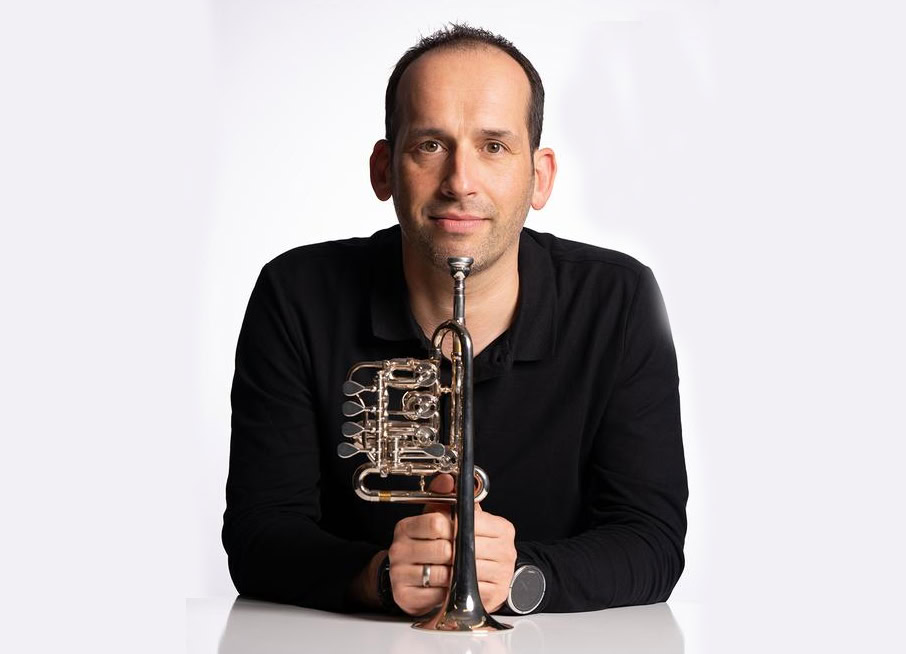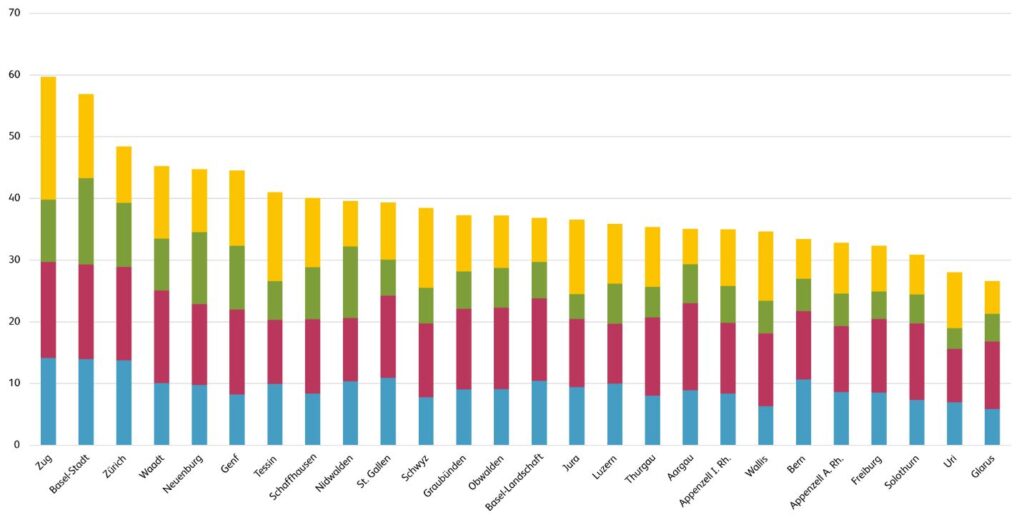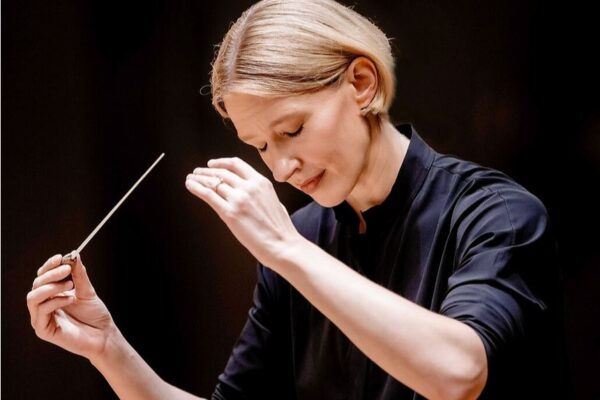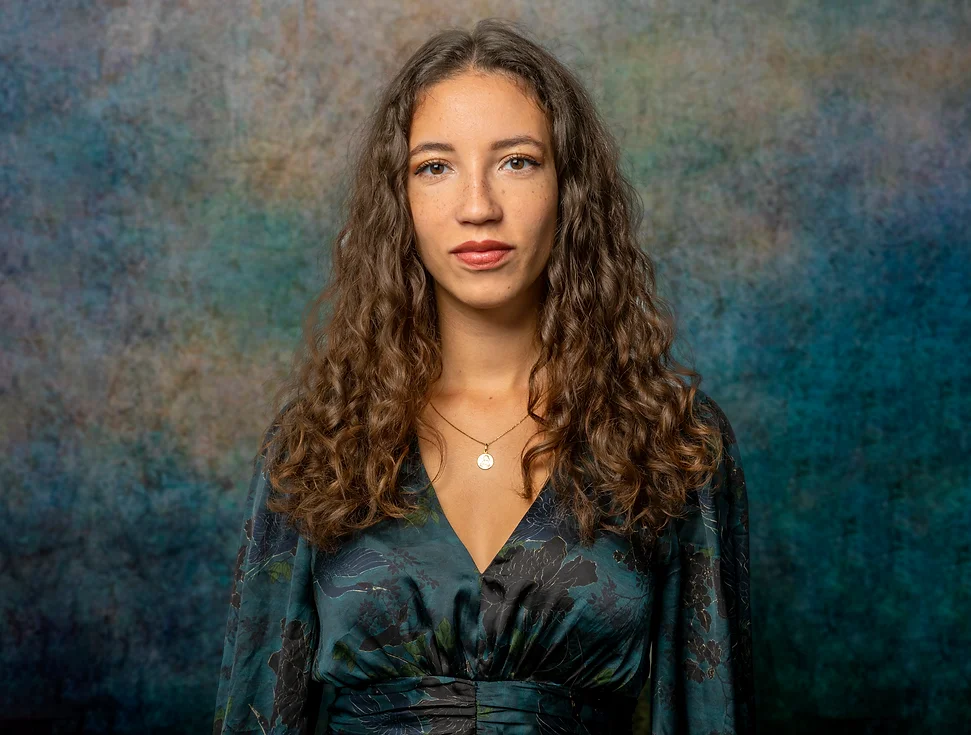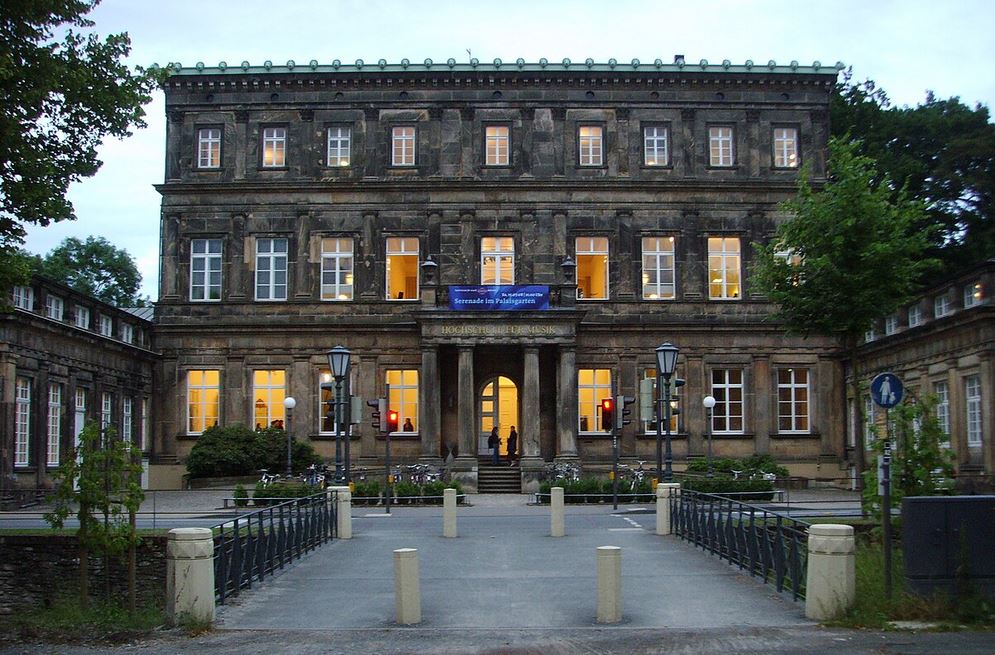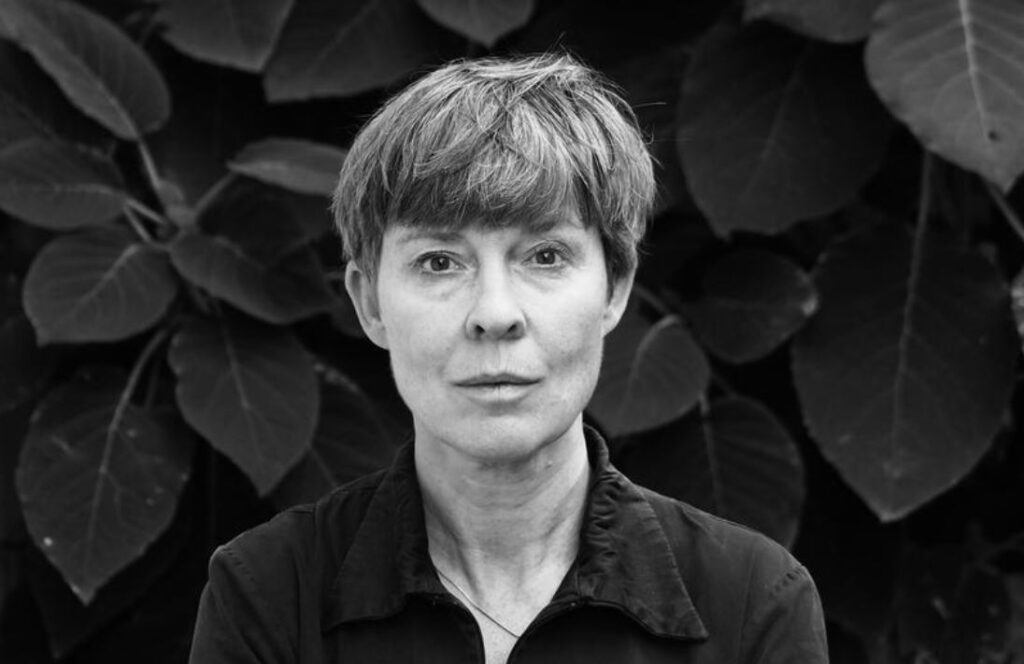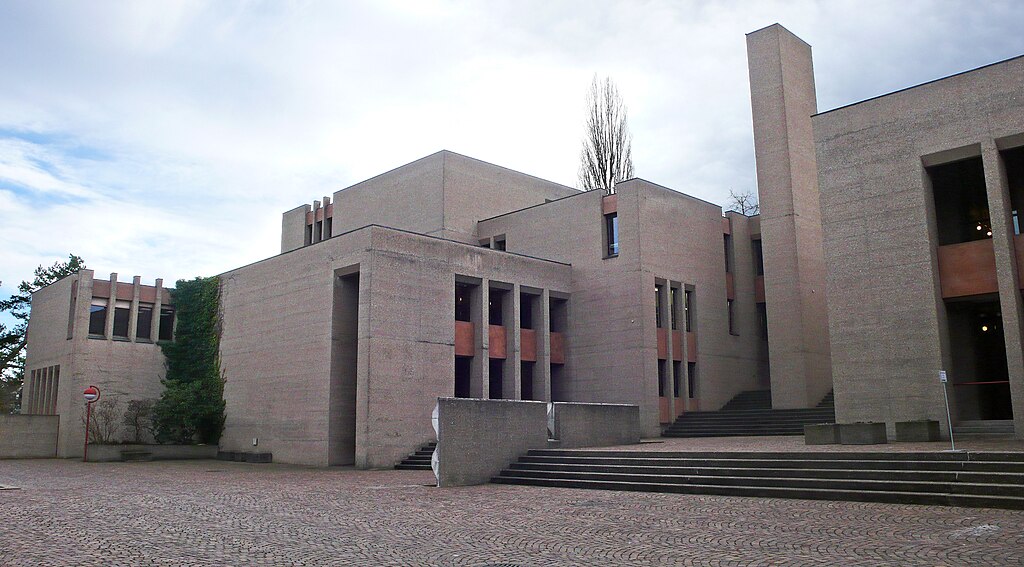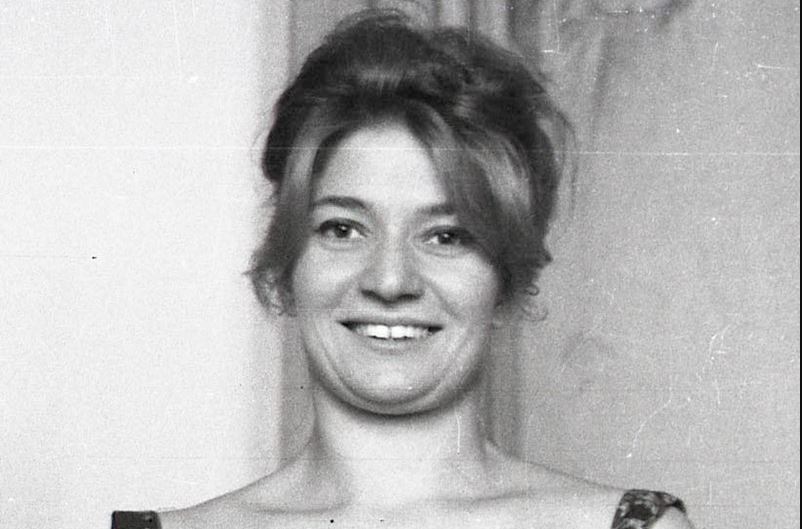Qianchen Lu winner of the 5th Basel Composition Competition
The prizewinners of the 5th Basel Composition Competition are Qianchen Lu, Erqing Wang and Ramón Humet.
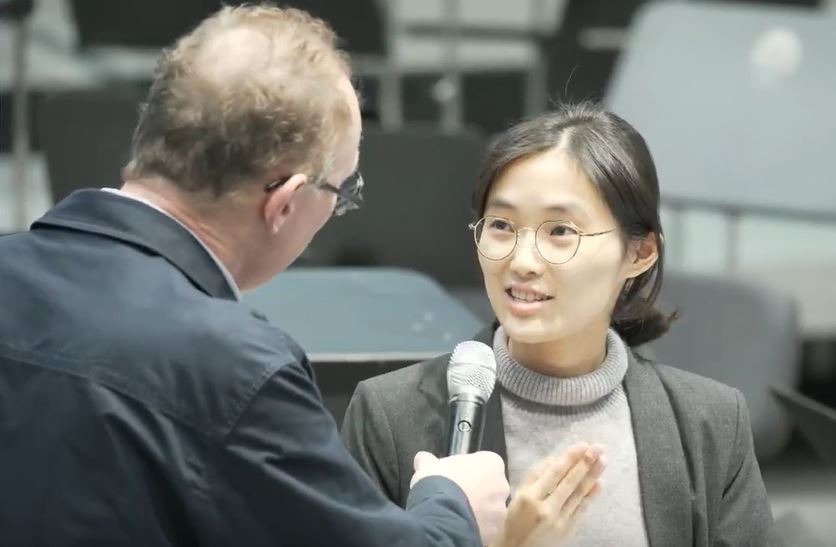
The first prize, worth 60,000 francs, went to Qianchen Lu for her work "Nine Odes to the Night", the second, worth 25,000 francs, to Erqing Wang for "The Gaze of Nmemosyne" and the third, worth 10,000 francs, to Ramón Humet for "Bird in Space".
An audience award was presented for the first time, in which viewers of the live stream worldwide were able to take part alongside those present in Basel. The more than 600 participants chose "Nine Odes to the Night" by Qianchen Lu. The prize is endowed with 5000 francs. Qianchen Lu and Erqing Wang will also be included in the Universal Edition.
Qianchen Lu was born in Anhui, China, in 2000. She is studying at the Shanghai Conservatory of Music (2018-2023, Bachelor; 2024-ongoing, Master) in the class of Qian Shen-Ying. Her compositions span a wide range of genres, including vocal and choral music, instrumental solos, chamber music and large orchestral pieces.
Erqing Wang is a Chinese composer whose work spans orchestral and chamber music. He is currently studying at the University of Music and Performing Arts Graz with Annesley Black. He was previously trained by the composers Wenchen Qin, Stratis Minakakis and Beat Furrer. Ramón Humet was born in Barcelona in 1968. He has been awarded the Olivier Messiaen International Composition Prize and the Queen Sofia Composition Prize, among others.
The company of cultural manager Christoph Müller organized the Basel Composition Competition for the first time in 2017 in collaboration with the Paul Sacher Foundation, which was co-initiated by Wolfgang Rihm, among others. Since 2019, the specially established Basel Composition Competition Foundation has been organizing the biennial competition.






